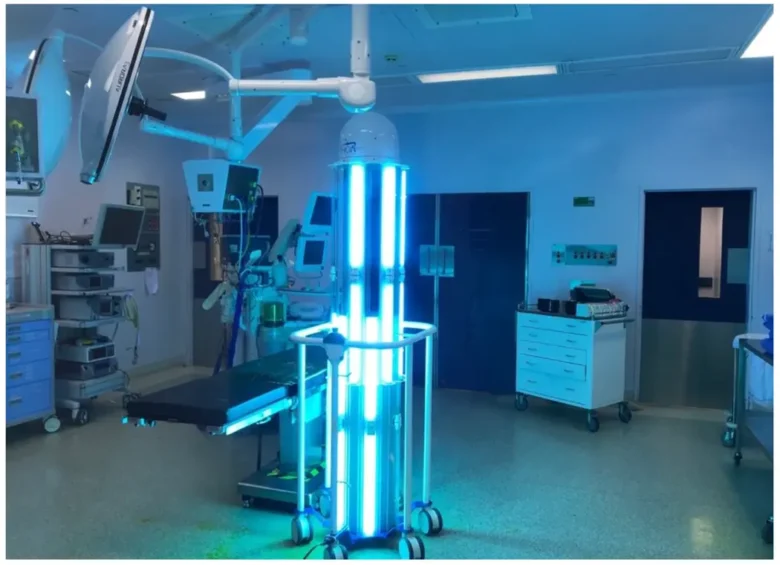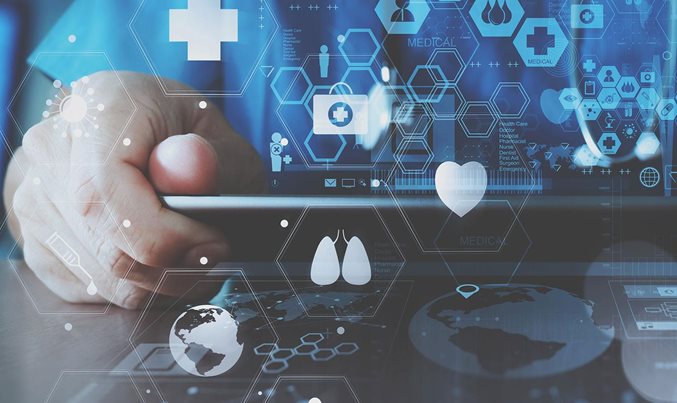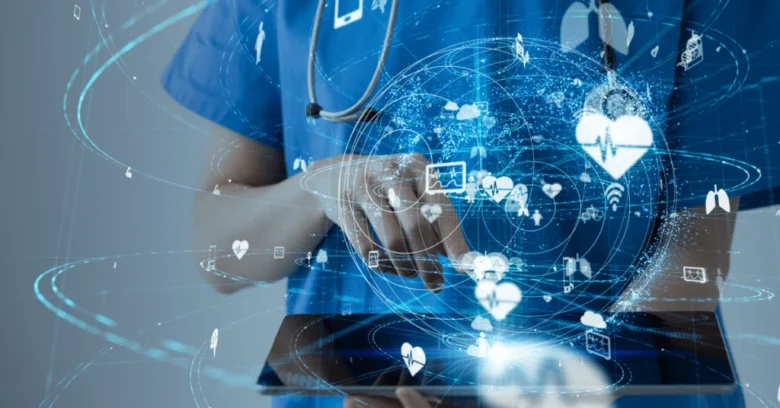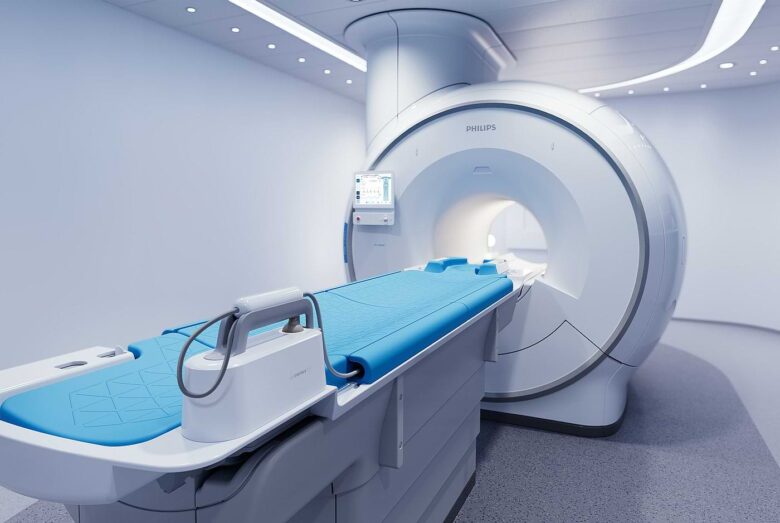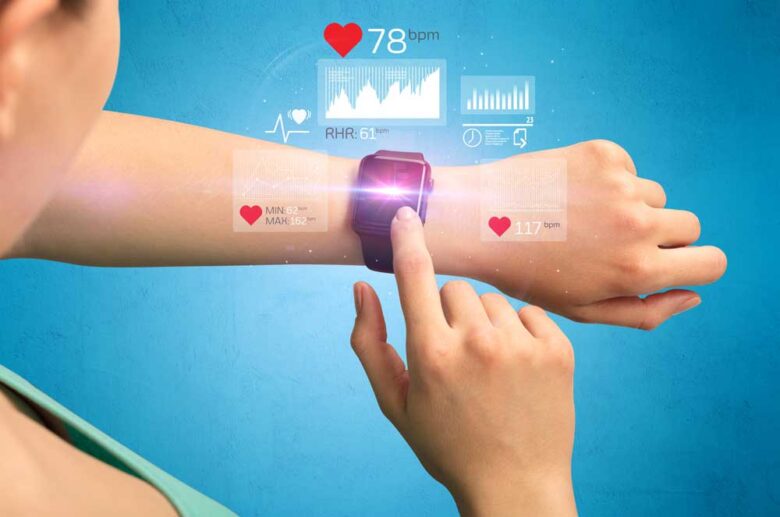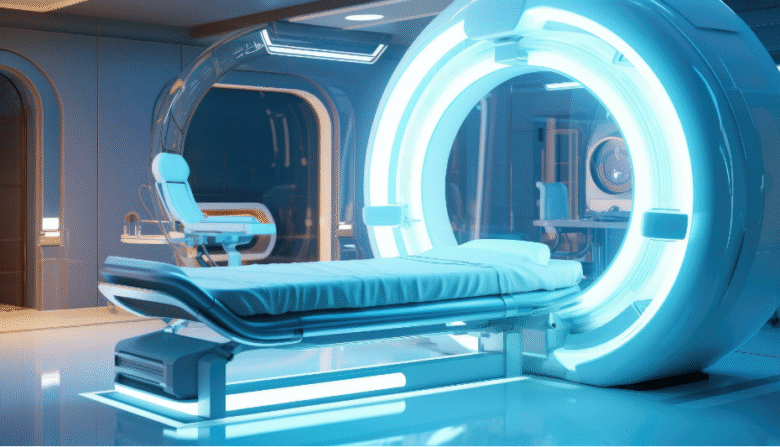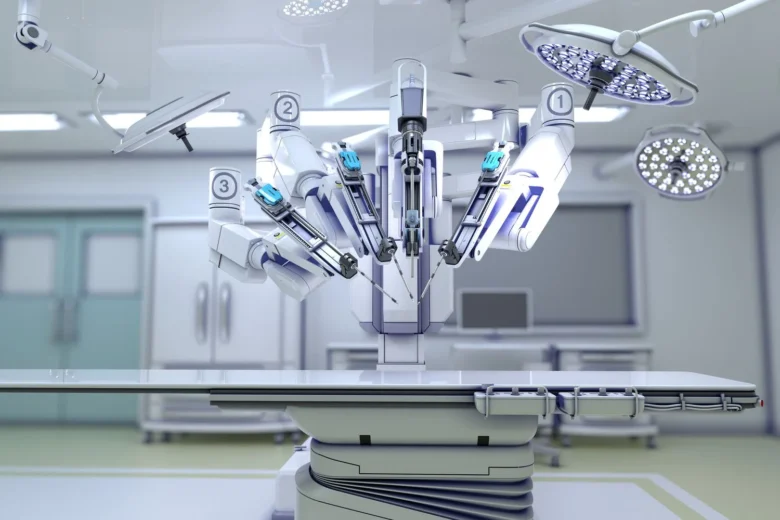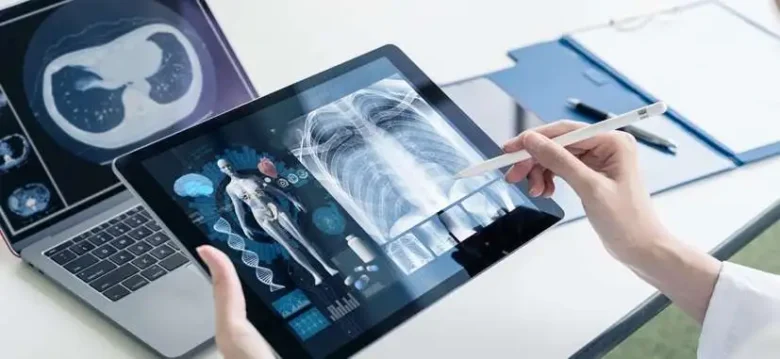Advanced UV sterilization technology is revolutionizing infection prevention in hospitals worldwide. This innovative approach improves sterility and protects patients and healthcare workers from germs. UV sterilization is a chemical-free alternative to standard cleaning methods and a powerful weapon in the fight against hospital-acquired infections. Hospitals strive to reduce infection rates while maintaining efficiency. UV technology …
The advent of new diagnostic tools has revolutionized the ever-changing healthcare landscape. These advanced technologies are changing the way diseases are detected, making diagnoses faster, more accurate, and less invasive in many cases. Whether used in hospitals, clinics, or at home, these devices are helping healthcare professionals make informed decisions and provide more personalized care. …
Telemedicine has rapidly evolved from a specialist service to a common way for people to access healthcare. It has revolutionized the way doctors and patients communicate. At the heart of this transformation are a range of key technological tools that enable remote consultations, diagnoses, treatments, and follow-up care. These tools make healthcare not only more …
One of the most useful tools in modern medicine is medical imaging. It has changed the way doctors identify, monitor, and treat diseases. It allows doctors to see inside the body without invasive treatments, providing them with vital information that can often save lives. Medical imaging saves lives every day because it helps doctors plan …
Wearable medical devices are giving people a whole new way to manage their health. These devices are small, portable, and wearable, making it easy to track multiple health metrics in real time. Wearables are playing an increasingly important role in personal and preventive healthcare. They can track data such as heart rate, blood pressure, blood …
Hospitals around the world are undergoing a subtle but profound transformation. At the heart of this transformation is smart technology. These tools, systems, and devices enable hospitals to improve performance, enhance connectivity, and better serve the needs of patients and healthcare professionals. Smart technology helps hospitals deliver better care, save time, reduce costs, and achieve …
Robotic surgery is one of the most groundbreaking and fascinating developments in modern medicine. Robots help surgeons perform complex surgeries with much greater accuracy, flexibility, and control than traditional surgery. Over the past few decades, robot-assisted surgery has become increasingly common in a wide range of medical fields, including urology, gynecology, orthopedics, and cardiothoracic surgery. …
3D printing, also known as additive manufacturing, has revolutionized many industries, including medical device manufacturing. This revolutionary method stacks items in layers to create complex designs with exceptional precision and customization. 3D printing is revolutionizing the design, production, and delivery of medical devices. It has the potential to transform the medical device manufacturing industry and …
Medical technology is a broad field that includes instruments, machines, and systems that doctors use to diagnose patients, administer treatments, and monitor their health. It is essential to modern healthcare because it improves the quality of care, increases efficiency, and detects diseases early. From simple thermometers to high-tech MRI scanners, medical technology is ubiquitous in …

